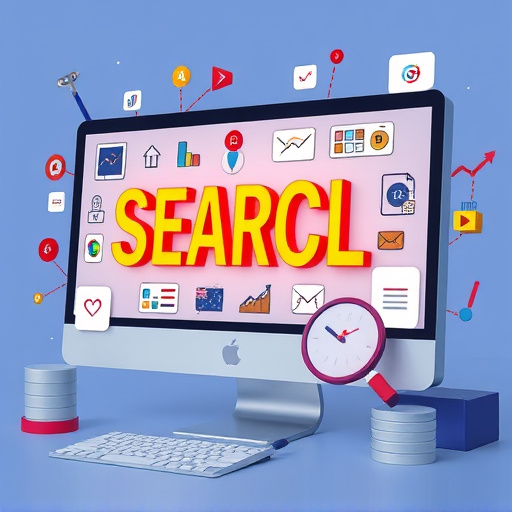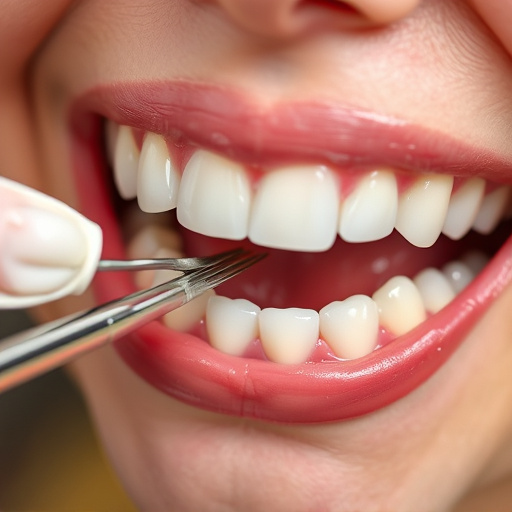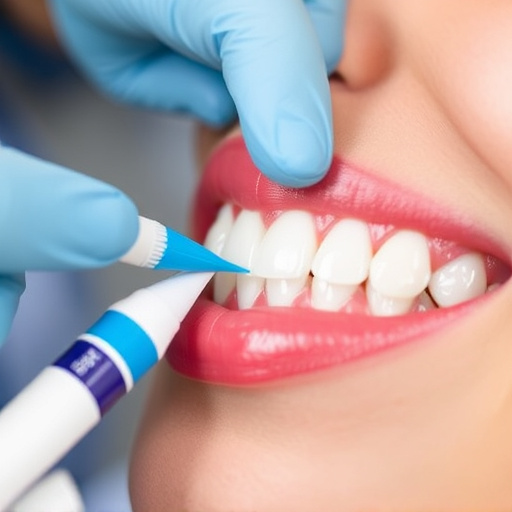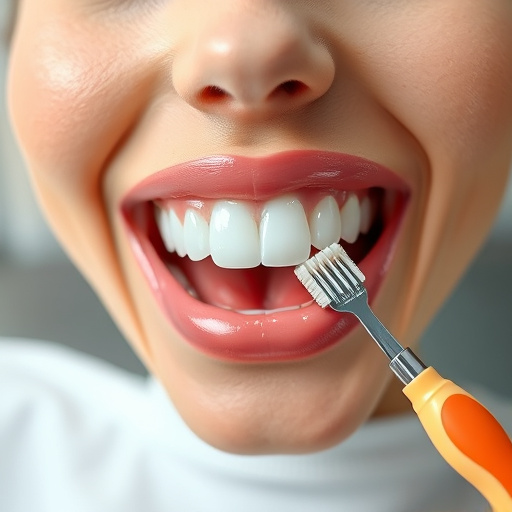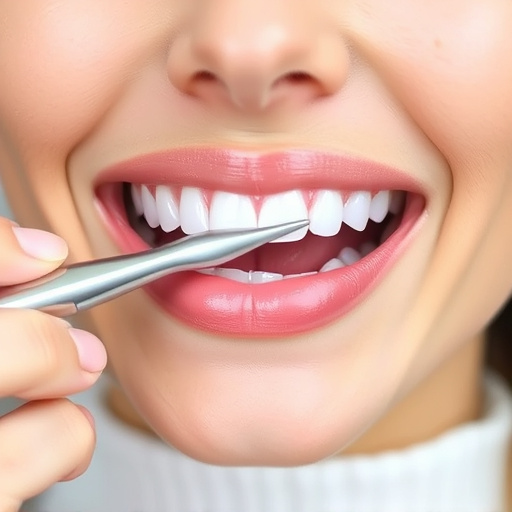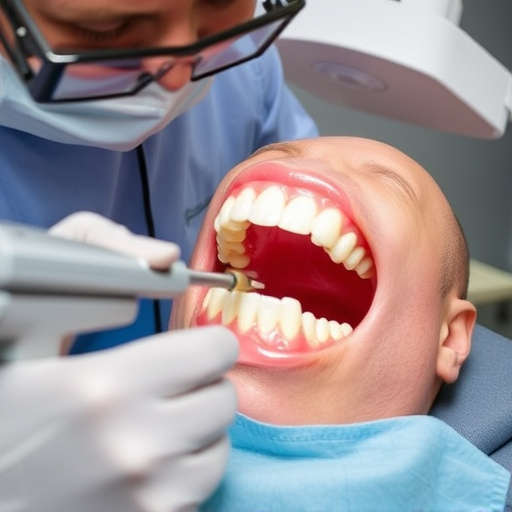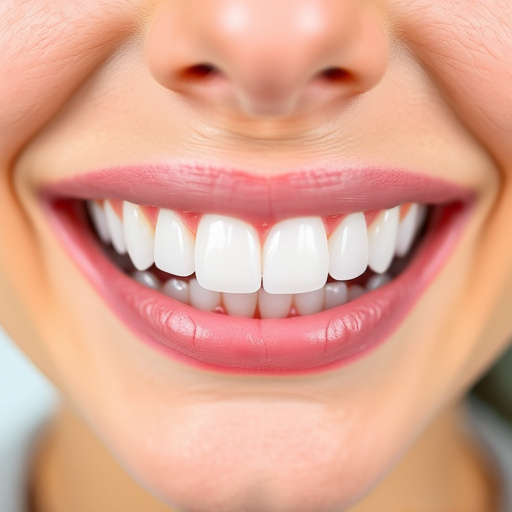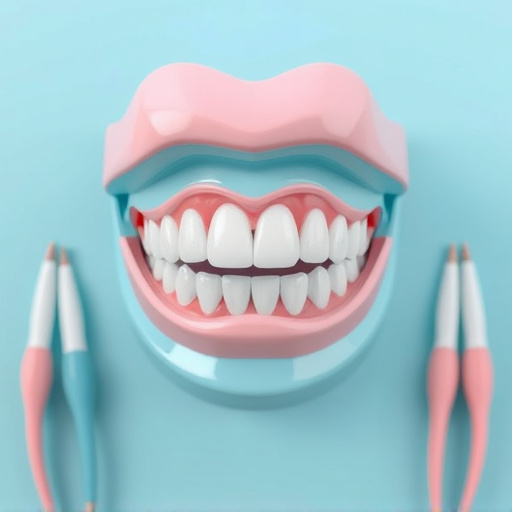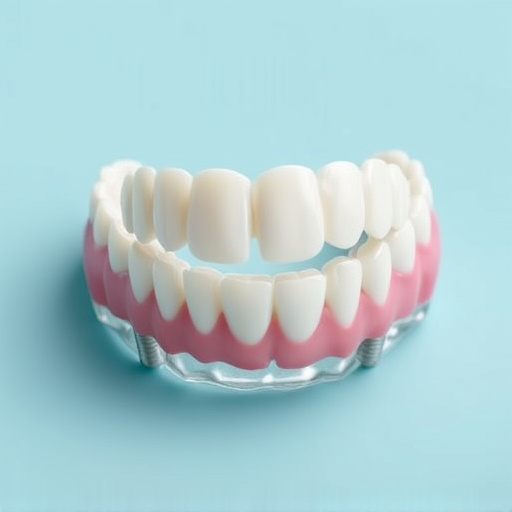Early detection of oral cancer through regular screenings is crucial for improved treatment outcomes and quality of life. Dental professionals use advanced techniques to identify potential cancers at initial stages, offering less invasive treatments. Screenings are vital for high-risk individuals and combined with restorative dentistry, enhancing aesthetics and reducing risks. Oral cancer screening saves lives by enabling timely intervention.
Oral cancer, often overlooked, can have severe consequences if detected late. Understanding the signs and symptoms and embracing regular oral cancer screening is vital for timely treatment. This article delves into the impact of oral cancer, highlighting how early detection dramatically improves treatment outcomes. We explore the steps involved in screening and emphasize its life-saving potential, empowering individuals to take charge of their oral health.
- Understanding Oral Cancer and its Impact
- The Role of Early Detection in Treatment Success
- How Screening Can Save Lives: Steps and Benefits
Understanding Oral Cancer and its Impact
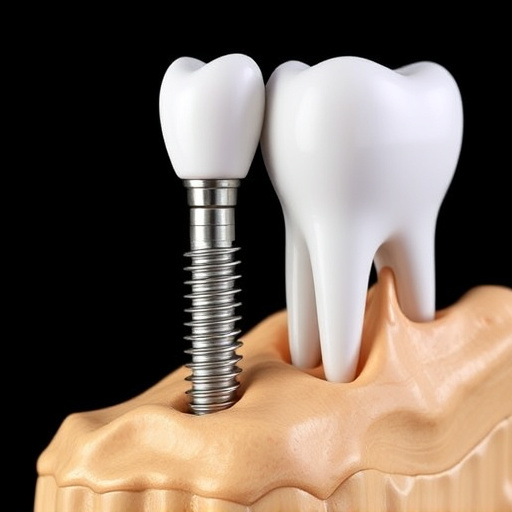
Oral cancer, a type of cancer that develops in the mouth or throat, can have severe consequences if not detected early. It’s a significant global health concern, with thousands of new cases reported annually. Understanding the impact of oral cancer is crucial as it emphasizes the need for regular screening. This type of cancer often presents no apparent symptoms in its initial stages, making it challenging to diagnose. As such, many patients are unaware they have it until the disease has progressed, leading to more complex and less responsive treatment options.
The effects of oral cancer can be devastating, impacting not only an individual’s physical health but also their quality of life. It may cause pain, difficulty swallowing, and even lead to disfigurement if left untreated. However, with early detection through oral cancer screening, the chances of successful treatment and recovery significantly increase. Regular dental check-ups that include thorough screenings can help identify potential risks or anomalies, allowing for prompt action and emergency dental care when needed. Moreover, routine dental cleanings play a vital role in maintaining overall oral health and reducing the likelihood of developing cancerous cells, alongside cosmetic fillings which address aesthetic concerns.
The Role of Early Detection in Treatment Success
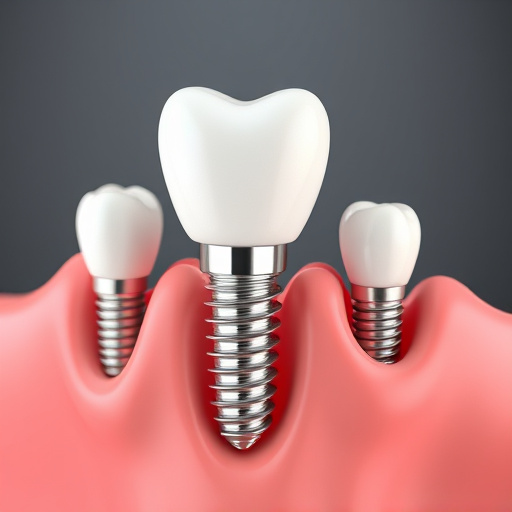
Early detection plays a pivotal role in the successful treatment of oral cancer. Regular oral cancer screenings are essential tools for identifying potential cancers at their earliest stages, when they are most treatable. During these screenings, dental professionals use specialized techniques and technologies to examine the mouth for any suspicious lesions or abnormalities. By detecting oral cancer early, patients have a significantly higher chance of undergoing less invasive treatments with improved outcomes.
Timely intervention allows for options like dental bonding or even tooth repair procedures in cases where precancerous conditions are identified. For children’s dentistry, regular screenings are crucial as they can help catch potential issues before they develop into more serious forms of oral cancer. This proactive approach not only saves lives but also ensures that patients receive the most effective and least disruptive treatment options available.
How Screening Can Save Lives: Steps and Benefits
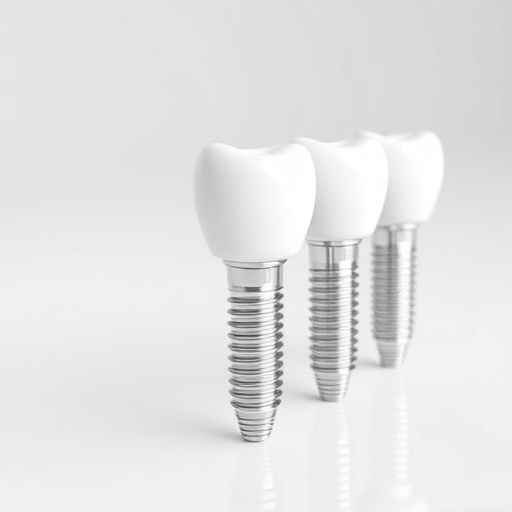
Oral cancer screening is a vital step in ensuring timely cancer treatment and saving lives. Regular checks by dental professionals can detect early signs of oral cancer, which significantly improves outcomes. This process involves visually examining the mouth for any abnormal growths or lesions, using advanced technologies like VEL scope to identify potential risks, and sometimes taking biopsies for further analysis. Early detection allows for less invasive treatment options and better patient management.
The benefits of oral cancer screening are numerous. It empowers individuals to take control of their health by providing a simple, non-invasive procedure that can detect cancer at its earliest stages. For those with high-risk factors, such as tobacco use or a history of oral cancers, regular screenings become even more crucial. Moreover, combining these checks with restorative dentistry procedures like dental bonding or general dentistry treatments can enhance the overall health and aesthetic appeal of an individual’s smile while mitigating potential risks.
Oral cancer screening is a powerful tool that can significantly improve treatment outcomes. By identifying potential cancers at early stages, screenings provide vital time for effective treatment planning. This process, involving simple visual exams and specialized tests, is a proactive step towards saving lives and ensuring better health for those at risk. Implementing regular oral cancer screening is a game-changer in the battle against this disease.





